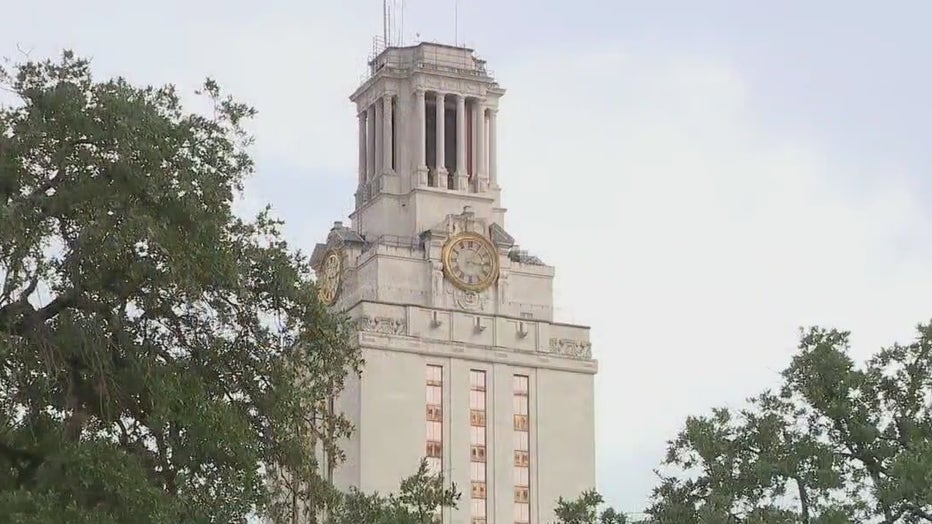Texas lawmaker calls to cut UT System funding over program to cover tuition
A group of Texas Republican lawmakers are raising concerns about the expansion of a University of Texas System program that would pay for the tuition of some qualifying Texas students.
Earlier this week, the University of Texas Board of Regents announced the expansion of its "Promise Plus" program. The program would cover tuition and fees for qualifying Texas students accepted into UT schools who come from families with an adjusted gross income of $100,000 or less.
Following the announcement, a group of 11 current and future Texas lawmakers sent a letter to the Board of Regents and chairman Kevin P. Eltife raising several questions about the program and how Texas tax dollars are used as a part of it.
The questions included concerns about the sources of the funds, the impact it would have on non-qualifying students and if the program would apply to students enrolled in the LGBTQ/Sexualities Studies minors.
"Since the regents appear to believe the UT System has excess funding sufficient to provide ‘free’ tuition to families making $100k/year, does the UT System plan on asking for a reduction in state funding in the next budget?" reads the letter.
The office of Texas Rep. Brian Harrison, R-Waxahachie, released a statement calling Promise Plus a "Nancy Pelosi-esque, regressive, welfare-for-the rich program."
"Nothing is free. This outrageous abuse of power by unelected, executive branch bureaucrats makes higher education in Texas more socialist than California. A decision this consequential should only be made by the legislature," reads the statement. "There must be consequences. UT’s budget must be cut, and bureaucrats should be fired."
The Promise Plus program was established in 2022 and covered tuition and fees for UT System students whose families' adjusted gross income was $65,000 or less.
The new expanded program is expected to go into place starting with the fall 2025 semester.
In order to qualify, students must be Texas residents, enroll full-time in undergraduate programs and apply for state and federal aid.

The programs' expansion comes from a $35 million campus investment. The money will come in part from endowment distributions and the Available University Fund, according to the Board of Regents.
The nine academic institutions in the UT System are the University of Texas at Austin, the University of Texas at Dallas, the University of Texas at Arlington, the University of Texas at San Antonio, the University of Texas at El Paso, the University of Texas at Tyler, the University of Texas Permian Basin, the University of Texas Rio Grande Valley and Stephen F. Austin State University.

